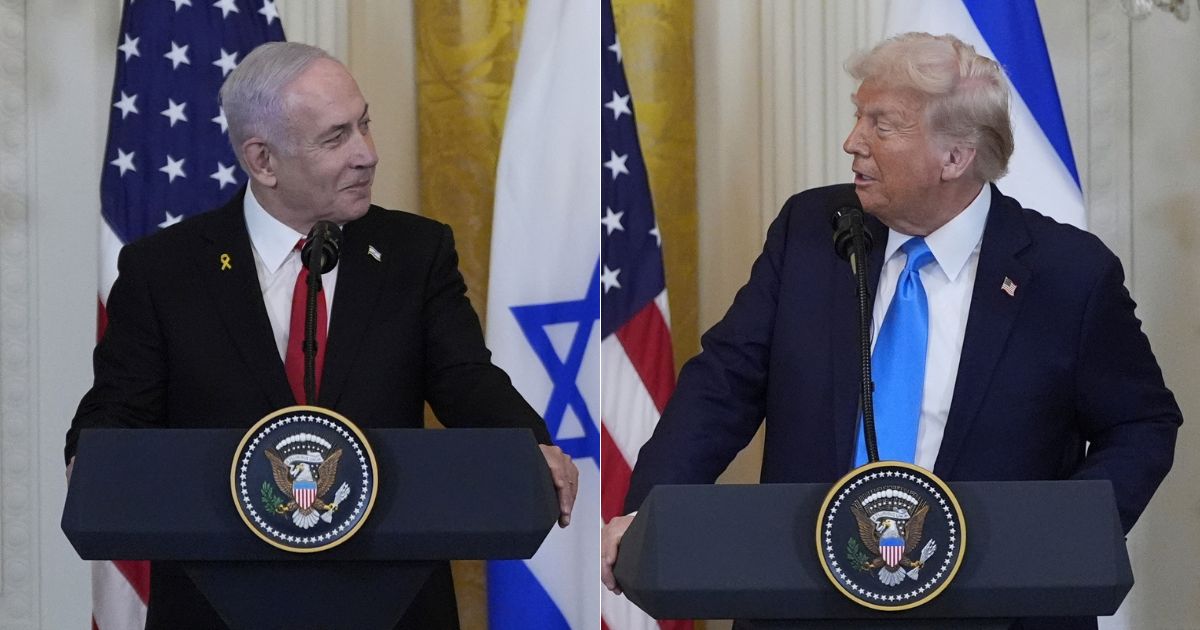During the VP debate, Vance and Walz discussed key issues including abortion and the economy. Vance emphasized his stance on protecting unborn lives, while Walz focused on economic growth and support for working families. Both candidates presented contras
The recent vice presidential debate featured a significant exchange between Republican Senator J.D. Vance of Ohio and Democratic Governor Tim Walz of Minnesota, which highlighted their differing positions on key voter concerns, including abortion, the economy, immigration, and healthcare.
In the abortion discussion, Walz criticized Trump’s influence on the Supreme Court regarding the overturning of *Roe v. Wade*, emphasizing his efforts in Minnesota to restore protections for women’s reproductive rights. He warned that a potential Vance-Trump administration could threaten these rights by proposing restrictive policies. Vance, on the other hand, advocated for a state’s rights approach to abortion, acknowledging the GOP’s struggle to earn trust on this issue while reaffirming his support for fertility treatments and individual state decisions.
On the economy, Walz promoted Vice President Harris’s proposals for financial assistance to families and small businesses, suggesting tax increases for the wealthy to fund these initiatives. Vance countered, questioning Harris’s previous inaction and citing the success of Trump-era tax cuts as evidence that his economic policies worked. He also expressed skepticism about proposed tariffs and their potential to drive inflation.
The immigration segment saw Vance link illegal immigration to the opioid crisis, pledging to reinstate strict border policies and prioritize deportations of criminals. Walz challenged Trump’s prior dismissal of bipartisan immigration legislation, claiming it was an opportunity squandered for political gain.
in healthcare, Vance defended Trump’s regulatory changes aimed at supporting pre-existing conditions while criticizing the Affordable Care Act for its burdensome regulations. He asserted a straightforward approach to healthcare reform, favoring common sense solutions over lengthy legislative proposals.
The debate underscored the candidates’ contrasting visions for addressing major issues and appealed to voters’ immediate concerns as they approach the upcoming elections.
What Vance and Walz said at the VP debate on abortion, the economy, and more
The first and likely only debate between Sen. J.D. Vance (R-OH) and Gov. Tim Walz (D-MN) Tuesday night offered a far greater window into how the vice presidential hopefuls would tackle voters’ top concerns than when their running mates went head-to-head.
Some of the most searched topics on the Google Trends list included those that were discussed, such as abortion, the economy, healthcare, and immigration.
Here’s where Vance and Walz landed on each of the subjects during their Midwestern-nice showdown.
Abortion
Walz highlighted Trump taking credit for installing Supreme Court justices who voted to overturn Roe v. Wade and mentioned several women who had near-death experiences due to pregnancy complications after struggling to obtain an abortion in states with restrictions.
“In Minnesota, what we did was restore Roe v. Wade,” Walz said. “We made sure that we put women in charge of their healthcare.”
As governor, Walz signed into law a broad abortion bill that enshrined access into law that opponents said would virtually allow the procedure to occur at nearly any time during pregnancy with few restrictions.
Walz claimed a Trump-Vance White House would create a “registry of pregnancies” modeled after the conservative Project 2025 policy blueprint the pair have distanced themselves from. Walz also said contraception and fertility treatments would be threatened.
Vance denied the accusations and described himself “as a Republican who proudly wants to protect innocent life in this country” but who also realizes the GOP has a trust issue on the subject.
“We’ve got to do so much better of a job at earning the American people’s trust back on this issue where they, frankly, just don’t trust us,” he said.
Vance reaffirmed support for fertility treatments while emphasizing Trump’s belief that abortion restrictions should be left to the states.
“The proper way to handle this, as messy as democracy sometimes is, is to let voters make these decisions, let the individual states make their abortion policy,” he said.
The economy
Walz touted Harris’s proposals for down payment assistance for first-time homebuyers, a one-time $6,000 child tax credit for parents with a newborn, and $50,000 small-business tax credits. He offered few details on how the measures would be paid for other than raising taxes on higher-income individuals.
“We’ll just ask the wealthiest to pay their fair share,” Walz said. “When you do that, our system works best. More people are participating in it, and folks have the things that they need.”
Vance questioned the authenticity of Harris’s plan for having not accomplished them as vice president and said a strong economy under Trump was evidence that Trump-era tax cuts Democrats oppose extending were successful.
“If Kamala Harris has such great plans for how to address middle-class problems, then she ought to do them now, not when asking for a promotion, but in the job the American people gave her three and a half years ago,” he said.
Vance also questioned economists who say Trump’s desire to propose across-the-board 20% tariff increases on imported goods would supercharge inflation with higher prices for consumers.
“They were wrong about the idea that if we made America less self-reliant, less productive in our own nation, that it would somehow make us better off. And they were wrong about it,” he said. “For the first time in a generation, Donald Trump had the wisdom and the courage to say to that bipartisan consensus, ‘We’re not doing it anymore.’”
Immigration
Vance reflected on his mother’s past opioid addiction to accentuate the flow of deadly drugs like fentanyl into the U.S. that comes with illegal immigration and vowed Trump will re-implement his border policies, construction of the wall, and greater deportations with a priority on those with criminal records.
“Now that she’s running for president, or a few months before, she says that somehow she got religion and cared a lot about a piece of legislation,” Vance said in reference to Democrats’ support for a failed bipartisan Senate border bill. “This problem is leading to massive problems in the United States of America. Parents who can’t afford healthcare, schools that are overwhelmed.”
Walz spotlighted Trump’s hand in tanking the bipartisan border deal, which would have increased funding for border security, made it harder to claim asylum, ended so-called catch and release, and granted the administration more authority to effectively shut down the border.
“As soon as it was getting ready to pass and actually tackle this, Donald Trump said ‘No,’ told them to vote against it because it gives him a campaign issue,” Walz said. “He had four years to do this.”
He also said Vance “vilified a large number of people who were here legally” by spreading the debunked conspiracy that Haitian migrants in Springfield, Ohio, were eating residents’ pets.
Healthcare
Vance, pressed by moderators about Trump’s statement in his debate with Harris that he had “a concept of a plan” for replacing the Affordable Care Act, characterized his ticket’s position as “very simple common sense.”
“You’re not going to propose a 900-page bill standing on a debate stage,” he said.
Vance vowed that pre-existing conditions would remain protected and touted new hospital price transparency rules under Trump.
“When Obamacare was crushing under the weight of its own regulatory burden and healthcare costs, Donald Trump could have destroyed the program. Instead, he worked in a bipartisan way to ensure that Americans had access to affordable care,” Vance said. “It’s not perfect, of course, and there’s so much more that we can do. But I think that Donald Trump has earned the right to put in place some better healthcare policies.”
Walz noted the repeated attempts by congressional Republicans under Trump to repeal the ACA and that Harris was part of an administration that signed into law the ability for Medicare to negotiate prescription drug costs.
“When Donald Trump said, ‘I’ve got a concept of a plan,’ it cracked me up as a fourth-grade teacher because my kids would have never given me that,” Walz said. “What they’re going to do is let insurance companies pick who they insure because guess what happens? You pay your premium. It’s not much. They figure they’re not going to have to pay out to you. But those of you a little older, gray, you know, got cancer? You’re going to get kicked out of it. That’s why the system didn’t work. Kamala Harris will protect and enhance the ACA.”
" Conservative News Daily does not always share or support the views and opinions expressed here; they are just those of the writer."





Now loading...